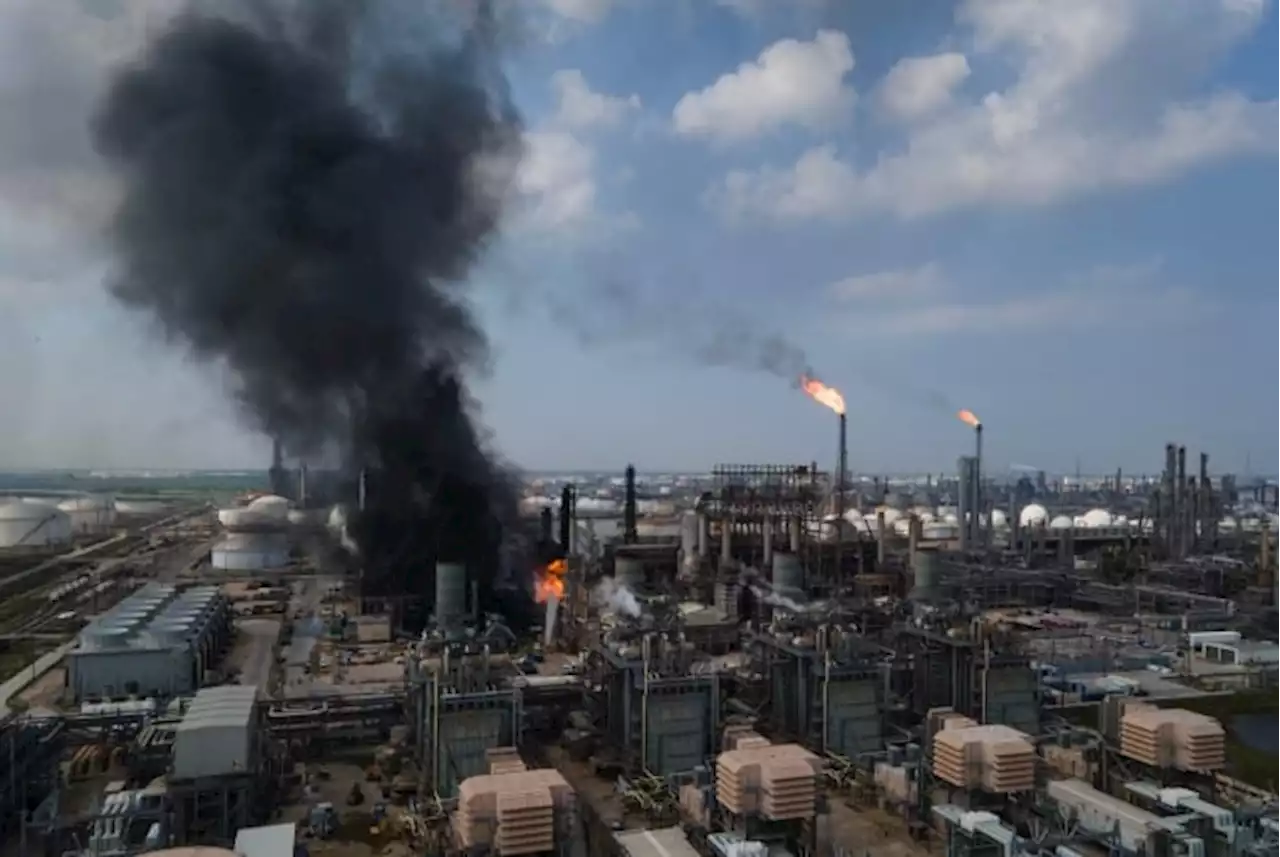The U.S. Environmental Protection Agency plans to force some utilities to clean up older piles of toxic coal ash at their power plants to prevent contamination of groundwater, in the latest in a series of rules to clean up the sector.
The proposed rule follows a legal petition by environmental groups last August asking the EPA to end exemptions to its 2015 coal ash rule that had enabled utilities across the country to sidestep responsibility for handling up to a half a billion tons of cancer-causing toxic waste.
The new proposal requires the safe management of coal ash that has been dumped in areas that are currently unregulated, including inactive power plants with surface impoundments that are no longer in use - facilities that were not covered by the 2015 rule issued by the Obama administration. Coal ash contains hazardous pollutants including arsenic, chromium, lead, and mercury, which have been linked to cancer, heart and thyroid disease and other illnesses. It tends to have a larger impact on"Many of these communities have been disproportionately impacted by pollution for far too long. This proposal will better protect their health and our environment," said EPA Administrator Michael Regan.
The groups that filed the petition last year, led by Earthjustice, found that the EPA exempted coal ash heaps at nearly 300 landfills in 38 states., which could hasten the closure of coal plants around the country by requiring the installation of carbon capture technology starting in 2030.Thomson Reuters
Valerie Volcovici covers U.S. environment and energy policy from Washington, DC. She is focused on climate and environmental regulations at federal agencies and in Congress. She also covers the impact of these regulatory changes across the United States. Other areas of coverage include plastic pollution and international climate negotiations.
Singapore Latest News, Singapore Headlines
Similar News:You can also read news stories similar to this one that we have collected from other news sources.
 How Food Companies Can Better Measure Their SustainabilityFood companies are struggling to effectively measure and report their environmental performance due to complexity and labor-intensity of data handling. Environmental traceability, through the use of digital technologies, can significantly streamline this process. Standardization of environmental metrics and automation of data exchange can facilitate comparable performance measures across companies and reduce data-entry workload. Furthermore, systemic changes and collaboration within food networks can lead to efficient and transparent environmental reporting. Integrating AI into decision-making processes can also help optimize environmental sustainability. Implementing these strategies can bolster environmental traceability, thus making food companies more sustainable and cost-effective.
How Food Companies Can Better Measure Their SustainabilityFood companies are struggling to effectively measure and report their environmental performance due to complexity and labor-intensity of data handling. Environmental traceability, through the use of digital technologies, can significantly streamline this process. Standardization of environmental metrics and automation of data exchange can facilitate comparable performance measures across companies and reduce data-entry workload. Furthermore, systemic changes and collaboration within food networks can lead to efficient and transparent environmental reporting. Integrating AI into decision-making processes can also help optimize environmental sustainability. Implementing these strategies can bolster environmental traceability, thus making food companies more sustainable and cost-effective.
Read more »
 EPA will not appear at U.S. House hearing on EVs, emissions proposalTwo Environmental Protection Agency officials declined to appear at a hearing Wednesday before a U.S. House panel on the Biden administration's proposal to cut vehicle emissions and ramp up electric vehicle sales, the agency said on Tuesday.
EPA will not appear at U.S. House hearing on EVs, emissions proposalTwo Environmental Protection Agency officials declined to appear at a hearing Wednesday before a U.S. House panel on the Biden administration's proposal to cut vehicle emissions and ramp up electric vehicle sales, the agency said on Tuesday.
Read more »
 Houston-area chemical fire highlights gaps in Texas environmental enforcementA fire broke out at a Deer Park Shell plant the day after a public hearing on renewing the permit for ITC, a nearby facility that caught fire in 2019, sparking a Texas Tribune/Public Health Watch investigation that documented failures in state and federal oversight.
Houston-area chemical fire highlights gaps in Texas environmental enforcementA fire broke out at a Deer Park Shell plant the day after a public hearing on renewing the permit for ITC, a nearby facility that caught fire in 2019, sparking a Texas Tribune/Public Health Watch investigation that documented failures in state and federal oversight.
Read more »
 How Biden has struggled to keep Democrats together on environmental pushPresident Joe Biden has found himself stuck in the middle of the Democratic Party on environmental issues despite running on a sweeping green agenda, a tension that remains unresolved as he prepares to seek a second term.
How Biden has struggled to keep Democrats together on environmental pushPresident Joe Biden has found himself stuck in the middle of the Democratic Party on environmental issues despite running on a sweeping green agenda, a tension that remains unresolved as he prepares to seek a second term.
Read more »
 Tucson production puts environmental issues, life in focusLive Theatre Workshop's production of 'Lungs' shines in acting, directing and script as couple struggles with their environmental impact.
Tucson production puts environmental issues, life in focusLive Theatre Workshop's production of 'Lungs' shines in acting, directing and script as couple struggles with their environmental impact.
Read more »
 Alaska LNG project clears legal challenge over environmental harmsA U.S. appeals court on Tuesday rejected a lawsuit filed by environmental groups challenging federal approvals needed to construct a $39 billion project that would move natural gas from Alaska’s North Slope across the state.
Alaska LNG project clears legal challenge over environmental harmsA U.S. appeals court on Tuesday rejected a lawsuit filed by environmental groups challenging federal approvals needed to construct a $39 billion project that would move natural gas from Alaska’s North Slope across the state.
Read more »
